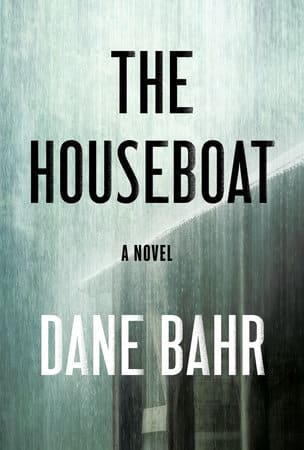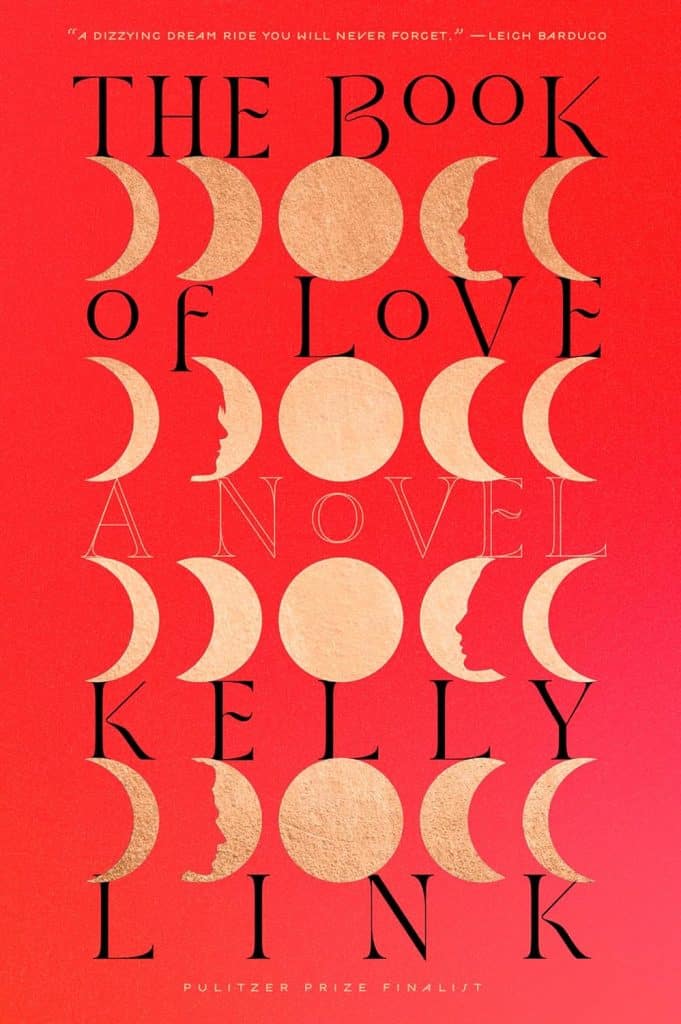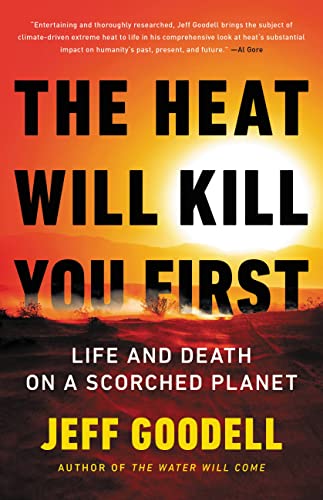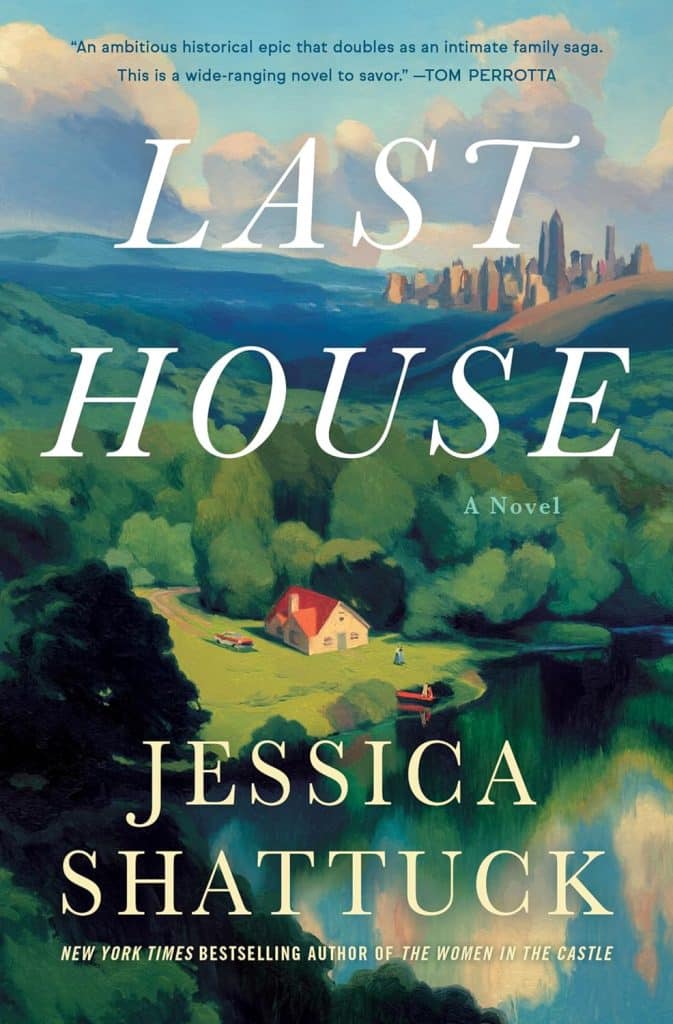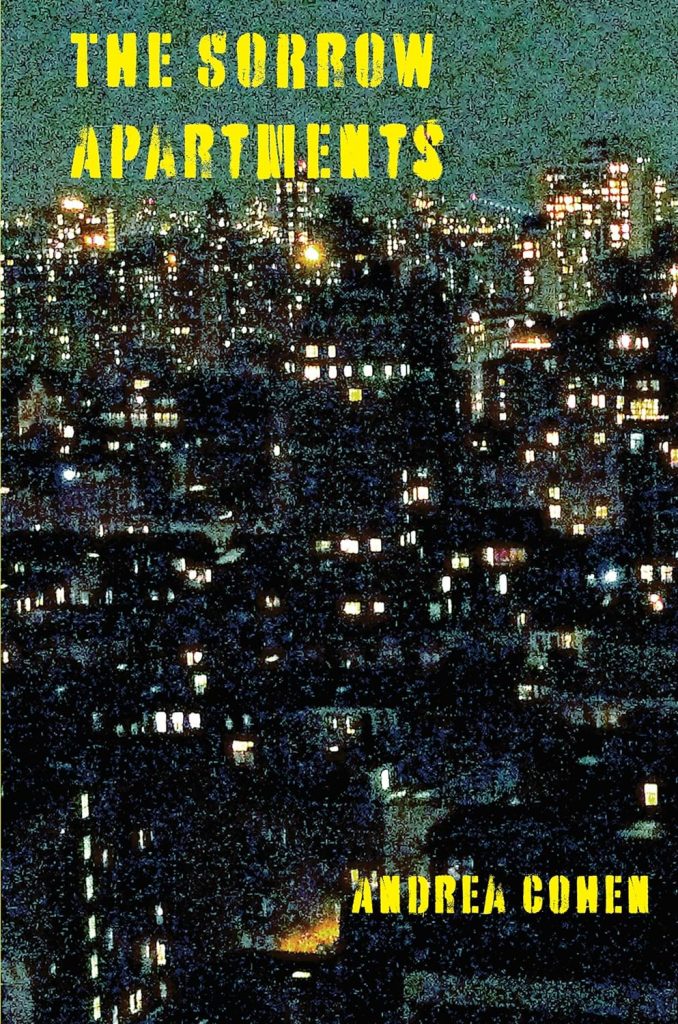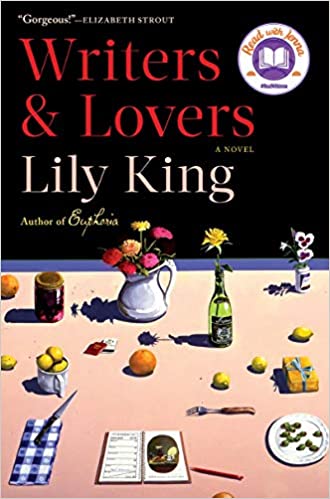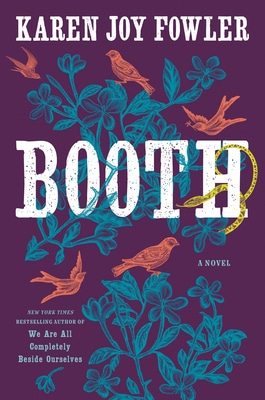
Booth: A Novel
Estimated reading time: 2 minutes, 5 secondsBooth by Karen Joy Fowler was on my to-read list for several months. Booth is an epic and intimate novel about the family behind one of the most infamous figures in American history: John Wilkes Booth. I have always been fascinated by history, especially the Civil War. Booth is a startling portrait of a country in the throes of change and a vivid exploration of the ties that make and break a family. It is the second book I have read this year.
Ms. Fowler struggled with how to write this novel without focusing on the cruelest member of the Booth family. She succeeded, but I sometimes felt confused about the type of book I was reading. Was it historical fiction or a textbook?
In the afterword, she admits that there is more of the story in the children of the siblings of John Wilkes Booth. I wish I knew more about that generation and how they responded to the notoriety. A family tree would have helped as there are many family members.
I recommend Booth as history is a dynamic lesson we must keep studying.
The Goodreads summary provides an overview,
In 1822, a secret family moved into a secret cabin some thirty miles northeast of Baltimore to farm, hide, and bear ten children over the next sixteen years. Junius Booth–breadwinner, celebrated Shakespearean actor, and master of the house in more ways than one–is at once a mesmerizing talent and a man of terrifying instability. One by one, the children arrive, as year by year, the country draws frighteningly closer to the boiling point of secession and civil war.
As the tenor of the world shifts, the Booths emerge from their hidden lives to cement their place as one of the country’s leading theatrical families. But behind the curtains of the many stages they have graced, multiple scandals, family triumphs, and criminal disasters begin to take their toll, and the solemn siblings of John Wilkes Booth are left to reckon with the truth behind the destructively specious promise of an early prophecy.
The Jan Lilien Education Fund sponsors ongoing sustainability and environmental awareness programs. Gifts made this month; I will match dollar-for-dollar. All donations are tax-deductible.
I receive a commission when you buy a book or product using a link on this page. Thank you for supporting Sharing Jan’s Love blog.


